Op-Ed: West Los Angeles — the land of fame and low self-esteem
Photo credit: Drew Kretchmer
Societal expectations produced by the modeling and film industries in Los Angeles have detrimental effects on young people’s self perception. For a photography project, Drew Kretchmer ’20 showcased the way her physical Illnesses have impacted her body and self image. “As I started going through puberty my metabolism slowed down, I began to gain weight, and I also have a condition called endometriosis that can make you look bloated,” Kretchmer said. “Being that I live in Los Angeles, I am constantly surrounded by skinny girls in school and on social media, and I began to become very self-conscious to the point where I didn’t even go to some birthday parties or family dinners because I couldn’t find something that I felt my body looked good in.”
March 8, 2020
Amazing schools, delicious restaurants, beautiful beaches and access to some of the most successful people in the world are only a few of the benefits of growing up in West Los Angeles. Although these are things many people have access to as an Angeleno on the Westside, the media’s idealistic portrayal of the LA lifestyle is not the reality faced by millions every day.
Miley Cyrus once referred to Los Angeles as “the land of fame excess,” and many aspiring actors, musicians and models do flock here in an attempt to become the next big thing. While some eventually find success, the presence of prosperous industries and their expectations to appear a certain way distort societal expectations and place unrealistic ideas into the minds of Angelenos.
Over the past summer, I had the opportunity to attend a pre-college program with students from around the world at Brown University in Providence, Rhode Island. At the beginning of our seven-week stay, everyone introduced themselves and where they were from. From the moment I said the words “Los Angeles,” I could feel people’s perceptions of me shift.
Occasionally this resulted in a reaction of, “Omg! What famous people do you know?” but would also cause people to assume that myself and others from Los Angeles are materialistic snobs who only care about their appearance and reputation.
At first, I was slightly offended by their initial judgments. But by being with a group of teenagers from around the world and getting an opportunity to understand their individual experiences, I reflected on my own identity and came to understand how growing up in LA has shaped the way I view myself.
I have always felt the expectation to be skinny, tall and tan, but only recently have I begun to understand why this pressure has felt so intense. Going to school in West Los Angeles and subsequently being friends with models, actresses or children of celebrities means being surrounded by beautiful people on a daily basis. A handful of my friends and peers have not only signed with some of the top modeling agencies but have started homeschooling to allocate more time for their acting or modeling schedules.
There is nothing wrong with these jobs, but the focus society has placed on the physical appearance of this small percentage of people has been detrimental to my own self-image and those of other impressionable young people. Because it’s Los Angeles, the small percentage of people who look like they just stepped off the cover of a magazine happen to be everywhere, whether you’re shopping in Beverly Hills or running to the grocery store on a Sunday evening.
As I have matured, I have come to better understand that the combination of societal pressures and the immense usage of social media have extremely harmful effects, such as self-harm, eating disorders and other mental health issues.
During this same program over the summer when discussing mental health with a friend from Australia, I mentioned that one of my friends was in treatment for anorexia. She was shocked, but unfortunately, this is an extremely common occurrence in my life and the lives of other teens living in Los Angeles.
Eating disorder therapist Irene Rubaum-Keller has conducted research based on the idea that eating disorders are more prevalent in Los Angeles. The industries that run Los Angeles are extremely centered on physical appearance, so Rubaum-Keller realized that because people are more likely to be “judged” by their looks and “scrutinized” for their weight, there are bigger risks to an individual’s self-esteem and body image. And although this belief is a common one, Mansi Varma discussed in an interview with The Tab how “there aren’t statistics because patients will pay with cash to avoid leaving a paper trail of their condition.”
Growing up in a place where self-worth is almost solely determined based on your physical appearance is extremely difficult. Although there will always be societal pressures while living in LA, there are also people trying to change the conversation around self-esteem and body image. Body positivity models Charli Howard and Ashley Graham along with actress Lili Reinhart are working to change the way women in both the modeling and film industries are expected to look.
After struggling with bulimia and severe anxiety due to the pressure to lose weight for modeling, Howard has made a positive impact on the modeling industry internationally.
“As I started to care less about what people thought, I’d post photos of myself on Instagram and clients would book me based on my natural [size 10] body shape which I’m so happy about!” Howard said in an interview with Phoenix Magazine.
Howard sees modeling as being more “personality-driven” than ever before, with social media platforms offering models the opportunity to “have a voice and use [their] brains.”
With the influence of positive role models, I feel hopeful for the future. As for my own journey to self-acceptance, it is one that I will surely continue to struggle with throughout adulthood, but I hope to focus on the messages people like Howard are sharing. In order to be healthy, successful and confident versions of ourselves, we do not have to suffer or change to fit into the 5’10, 25- inch waist and size zero mold society has created.

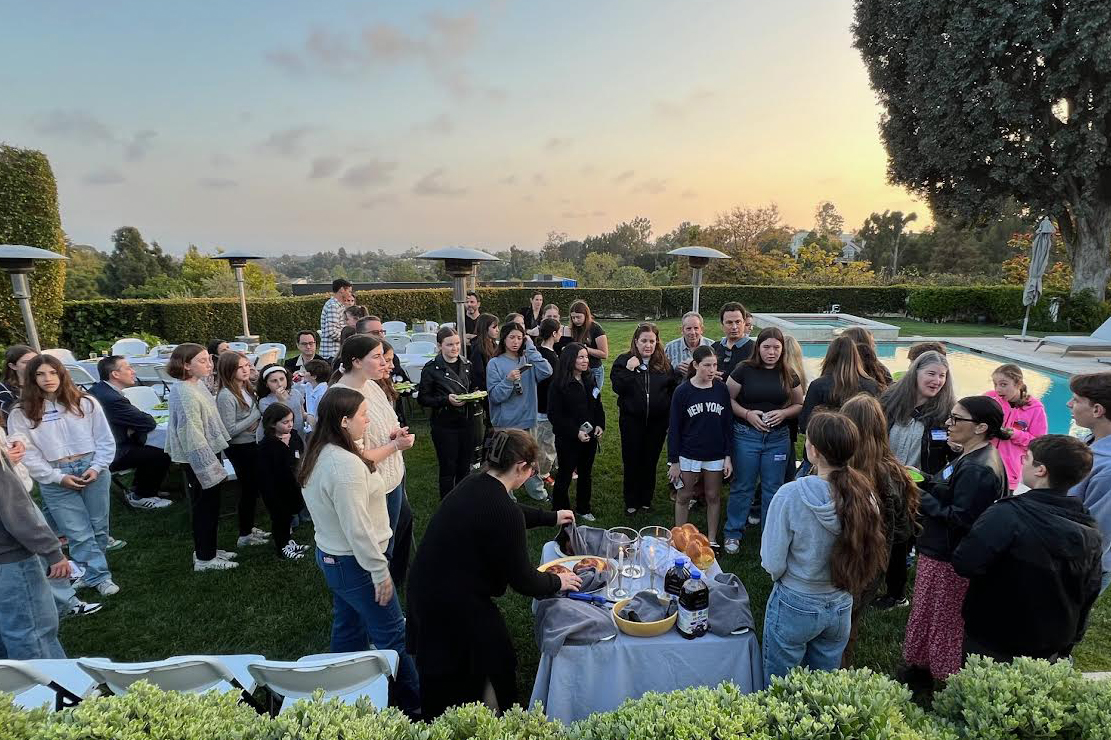









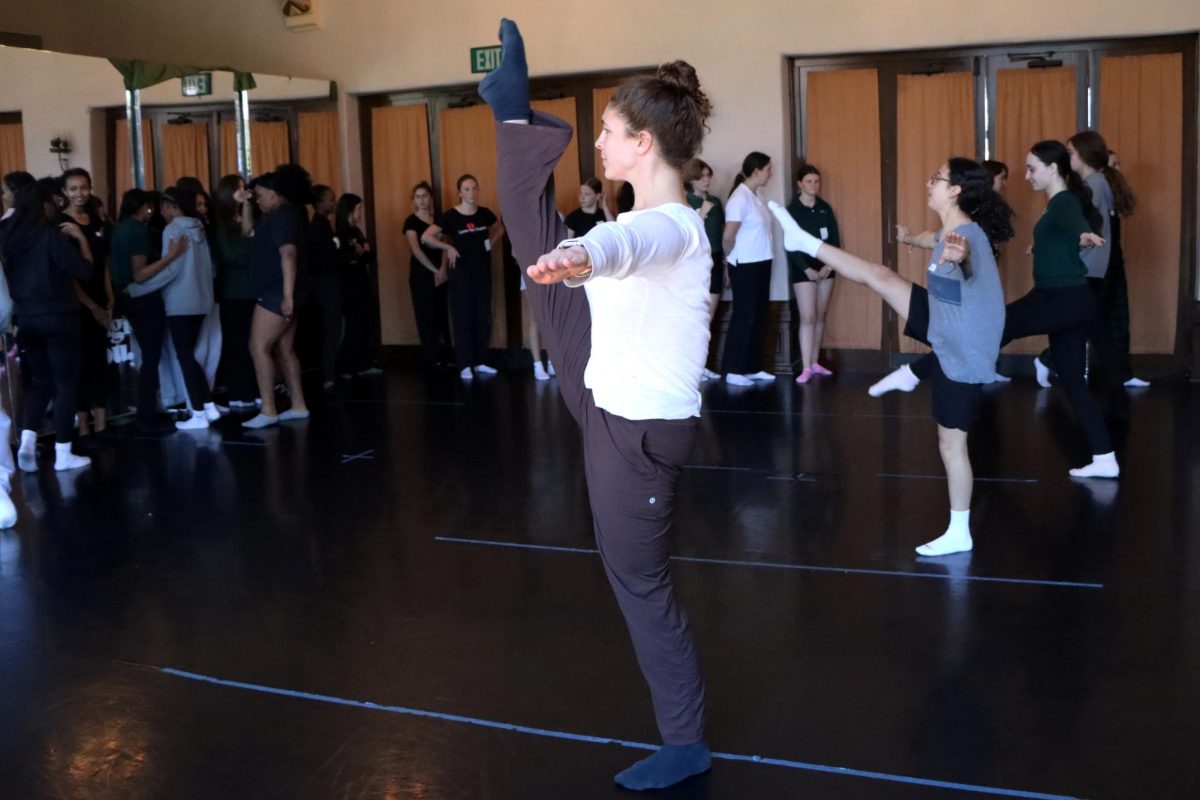










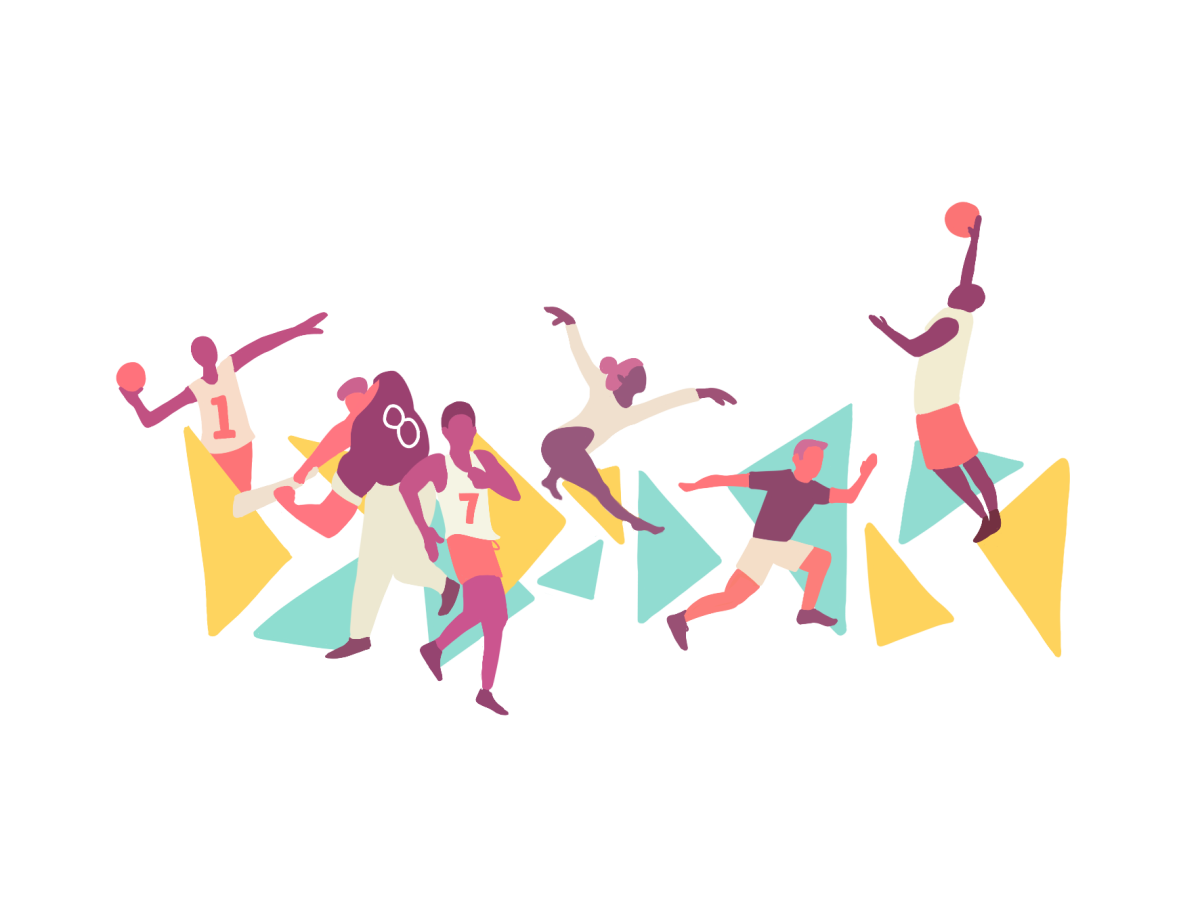




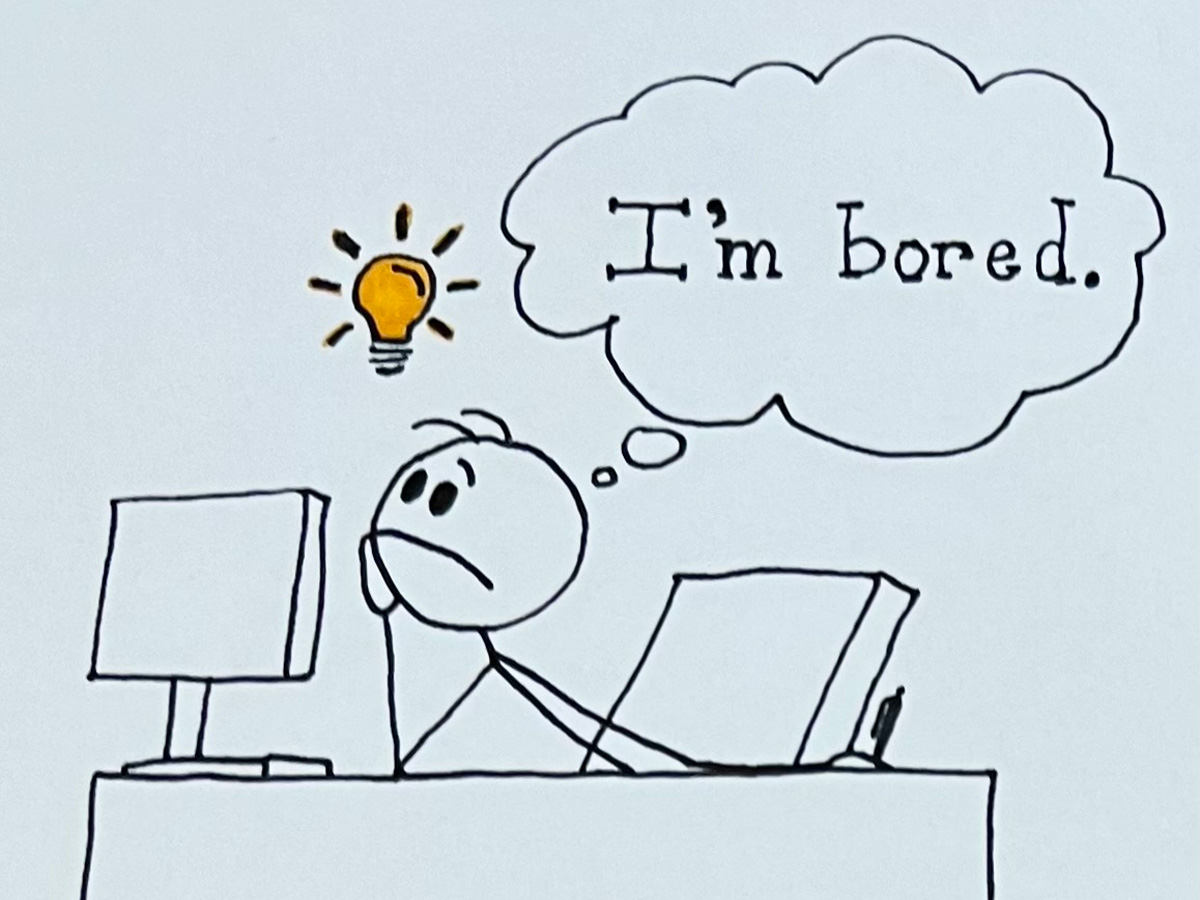
























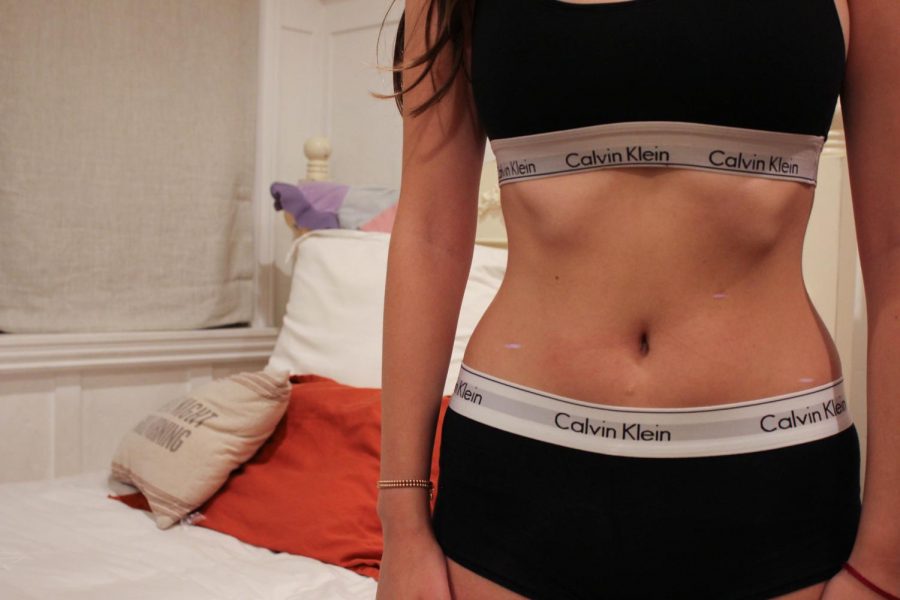







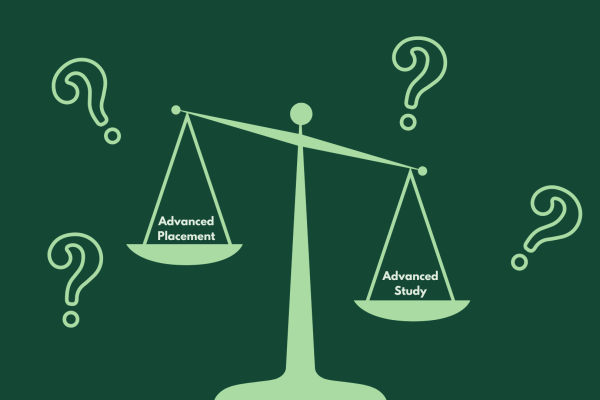
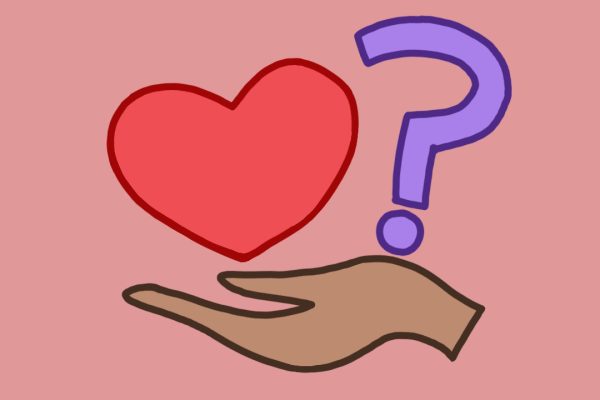
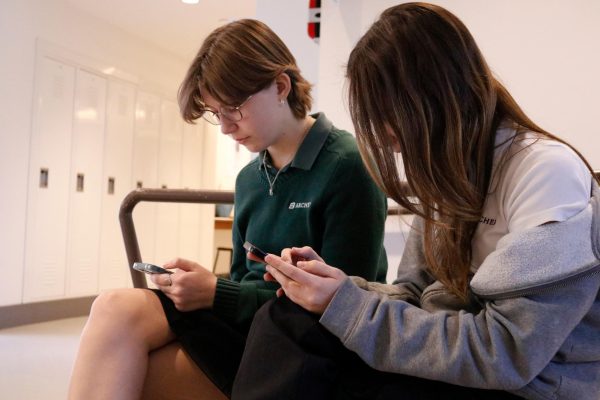

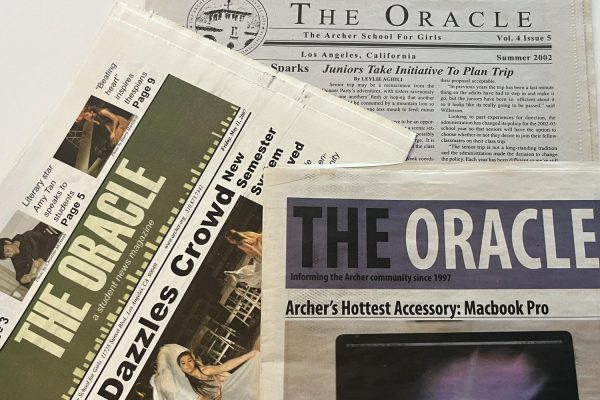
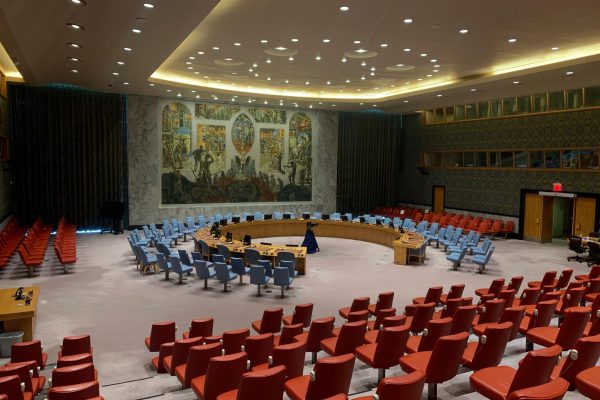
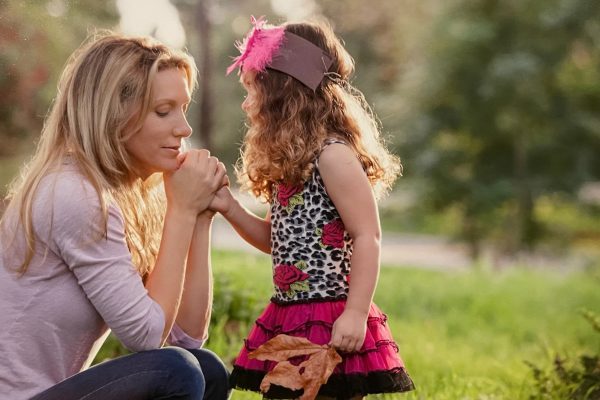
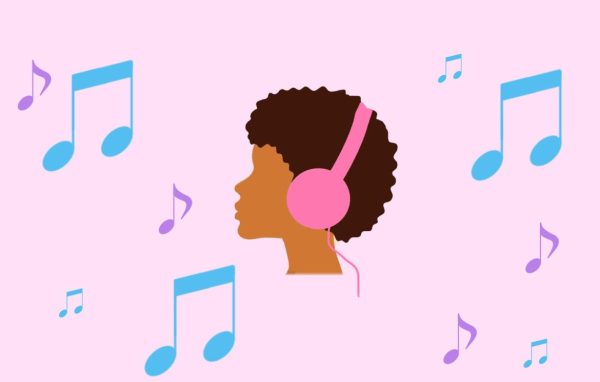
Nelly Rouzroch • Mar 10, 2020 at 1:36 pm
Absolutely loved this article Nicki fantastic job!
Grace Wilson • Mar 9, 2020 at 5:08 am
Great work Nick. I know how hard you worked on this piece.
Drew • Mar 8, 2020 at 9:45 pm
Thank you for writing such an important piece!